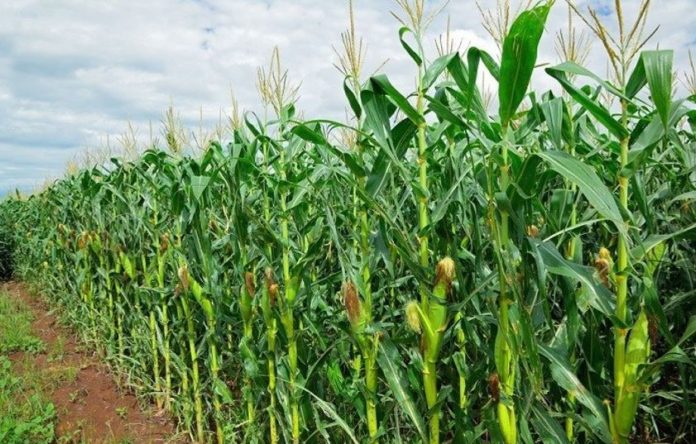Kenya’s civil society has faulted government for the low budgetary allocation for agriculture in the 2022/23 budget.
Sh 46 billion was set aside for agriculture by the National Treasury despite the sector contributing 25% of Kenya’s Gross domestic product (GDP). This is a cutback from the current year’s allocation of Sh60 billion, raising concerns as 70% of Kenya’s population relies on the sector for survival.
“We cannot continue denying the agricultural sector and food-related sectors funds, at the expense of sectors like infrastructure,” said Route to Food Programme Coordinator Emmanuel Atamba.
2022/23 budget
In the 2022/23 budget presented in the National Assembly last week, a paltry 1.39% was allocated to agriculture despite the Kenyan government being a signatory to the Maputo Declaration committing to allocate at least 10% of its budget to agriculture. If Kenya applied its commitment in the declaration, the sector should have received at least Sh330 billion out of the Sh3.3 trillion budget.
Food security is a crucial part of President Uhuru Kenyatta’s legacy under the Big Four Agenda alongside affordable housing, manufacturing and Universal Healthcare. The civil society questioned why he would agree to a Sh212.5 billion budget for infrastructure while the food sector suffers.
The chronic hunger in the country that has now affected over 3.5 million people in Arid and Semi-Arid Lands (ASAL) in Kenya according to the latest Integrated Food Security Classification analysis. The population affected are in Baringo, Garissa, Isiolo, Mandera, Marsabit, Tana River, Turkana and Wajir. These are regions with predominantly pastoral livelihoods.
On September 8,2021, the government declared drought a national disaster and instructed the Treasury and the Interior ministry to spearhead efforts to assist affected households. President Uhuru further announced allocation of Sh2 billion to address the hunger crisis caused by the drought. However, the civil society including Rural Outreach Africa (ROA), Kenya Parliamentary Human Rights Association (KEPHRA) and Consumers Grassroot Association (CGA) claim no money has been received by the affected people to date.








